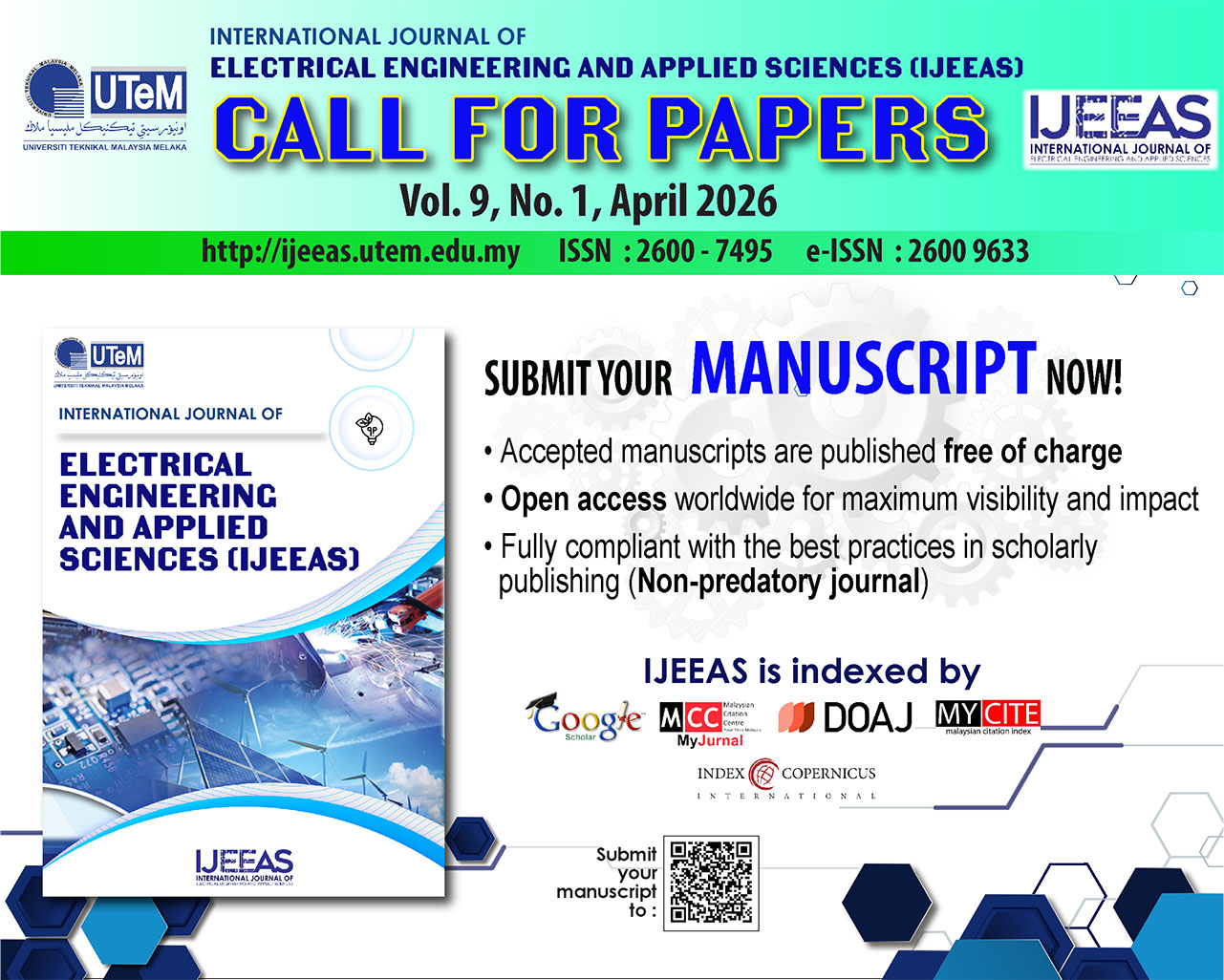Optimal Integration of Multiple Shunt Reactive Compensators in Radial Distribution Systems for Loss Reduction using Modified Mountain Gazelle Optimizer (MMGO)
DOI:
https://doi.org/10.54554/ijeeas.2023.6.02.003Abstract
This paper proposed a two-step approach for reducing power losses using a Modified Mountain Gazelle Optimizer (MMGO). First, the loss sensitivity factor is used to identify the most promising locations for shunt reactive compensators. This approach reduces the search space and improves the efficiency of the optimization process. Secondly, the proposed MMGO algorithm is applied to determine the optimal locations and sizes of the shunt compensators. The performance of the proposed method is evaluated on standard IEEE 33-bus and IEEE 69-bus systems and compared with other optimization techniques reported in the literature. The proposed MMGO produced 34.05% and 35.45% reductions in active power losses in the IEEE 33 and 69 bus systems respectively. Simulation results demonstrated the effectiveness of the two-step approach in achieving significant loss reduction and improving voltage profiles. The findings of this research provide valuable insights for distribution system operators and pave the way for more efficient and reliable power distribution networks.
Downloads
Downloads
Published
How to Cite
Issue
Section
License
Authors who publish with this journal agree to the following terms:
- Authors retain copyright and grant the journal right of first publication with the work simultaneously licensed under a Creative Commons Attribution License that allows others to share the work with an acknowledgement of the work's authorship and initial publication in this journal.
- Authors are able to enter into separate, additional contractual arrangements for the non-exclusive distribution of the journal's published version of the work (e.g., post it to an institutional repository or publish it in a book), with an acknowledgement of its initial publication in this journal.
- Authors are permitted and encouraged to post their work online (e.g., in institutional repositories or on their website) prior to and during the submission process, as it can lead to productive exchanges, as well as earlier and greater citation of published work (See The Effect of Open Access).







